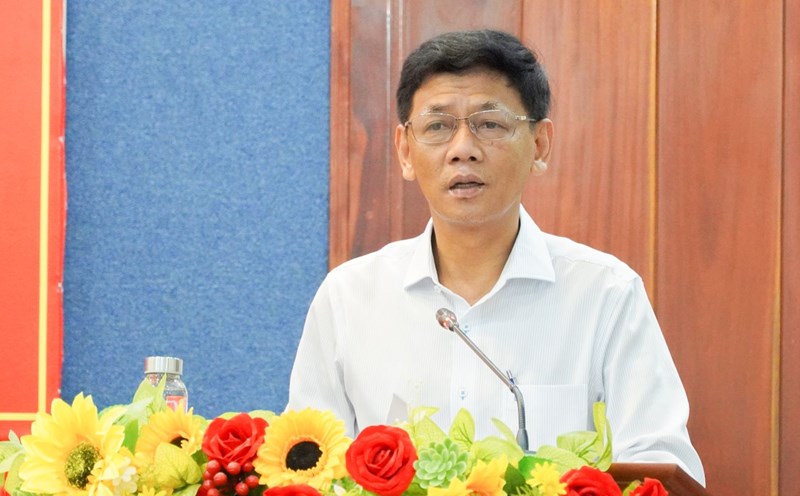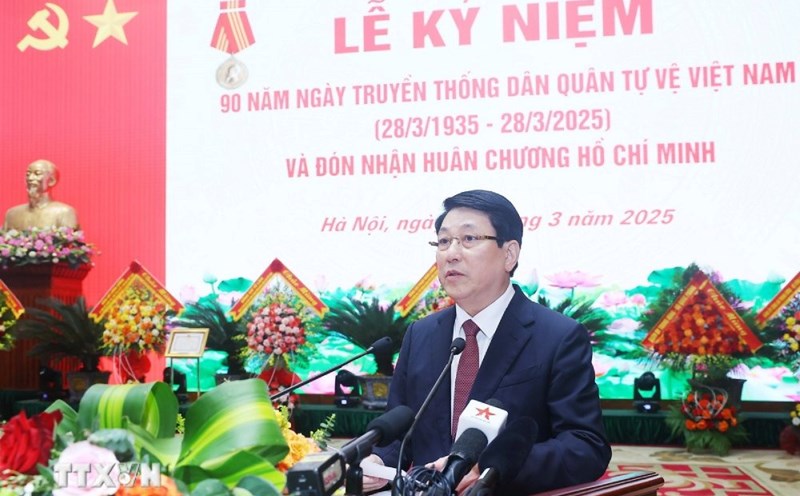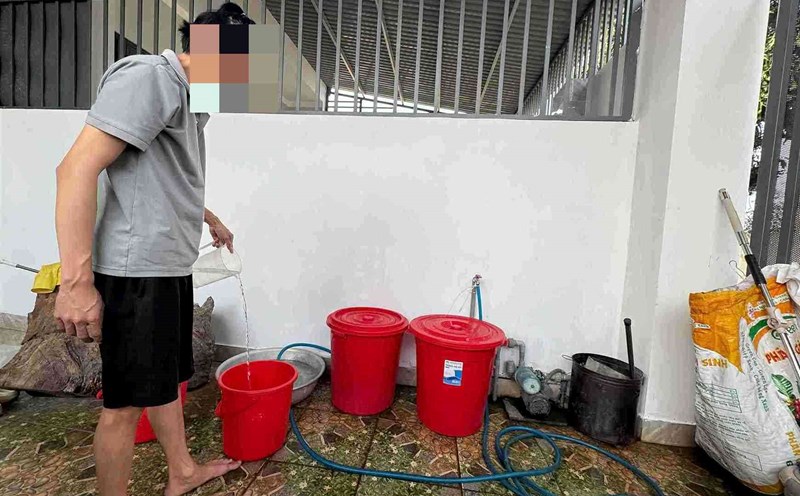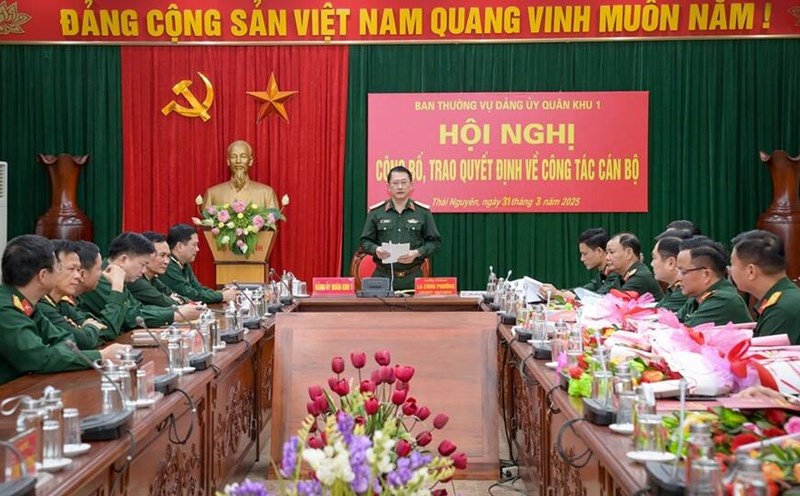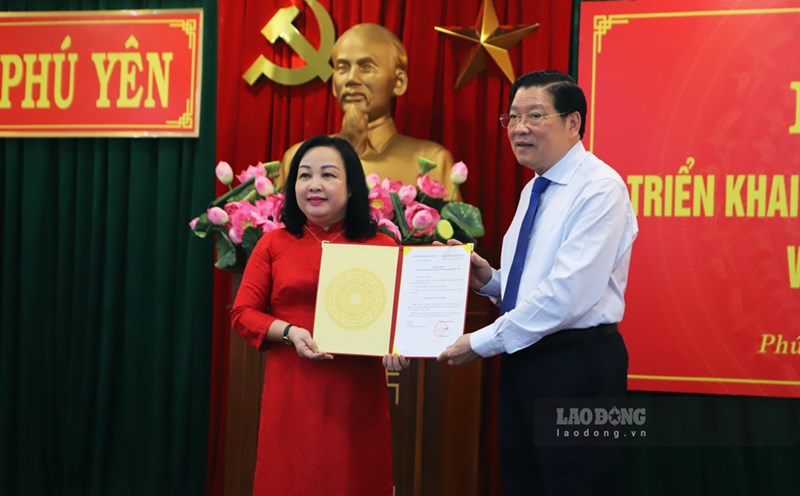One of the major contents of the draft Law on Cadres and Civil Servants (amended) is to amend regulations related to cadres and civil servants when organizing local government at 2 levels (provincial and grassroots levels).
Accordingly, there is no longer a regulation on the concept of commune-level cadres and civil servants; at the same time, a regulation on cadres and civil servants is unified from the Central, provincial and grassroots levels. No distinction is made between commune-level cadres and civil servants and central-level and provincial-level cadres and civil servants.
People recruited according to job positions in agencies of the Communist Party of Vietnam, the State, the Vietnam Fatherland Front, central and provincial socio-political organizations, grassroots levels, in the payroll and receiving salaries from the state budget are civil servants.
The superior and inferior levels are positions and work positions assigned in agencies and organizations, while civil servants do not have superior and inferior civil servants.
This change shows that grassroots civil servants as well as other levels, do professional and technical work, and are in accordance with their duties and tasks.
This change also means that civil servants are not "civil servants", not everyone exercises power, everyone has the right to have the right to vote. There is no such thing as being at the bottom is at the top or at the top is at the bottom, but doing the right duties of civil servants, according to the operating process of the apparatus.
It is also hoped that from this change, the salaries of grassroots civil servants will change at a high level. Cadres and civil servants are assured of their work and serve the people well.
In the immediate future, according to the draft Resolution of the National Assembly Standing Committee on the arrangement of administrative units: "Conserving the current regime, salary policy and position allowances (if any) of cadres, civil servants, public employees at the provincial, district and commune levels who are assigned to work at the new provincial and commune-level administrative units for 6 months. After the retention period, implement the regime, policies and position allowances according to the provisions of law".
After the merger and arrangement, the commune-level administrative unit will have a different scale, requiring high-quality personnel to meet the requirements of the job. People with the ability to be recruited will certainly receive the appropriate treatment.
The team of talented, ethical cadres and civil servants with high salaries and integrity are the fundamental factors that made the revolution of streamlining the apparatus successful.

